The Transformative Power of Artificial Intelligence in Biotechnology
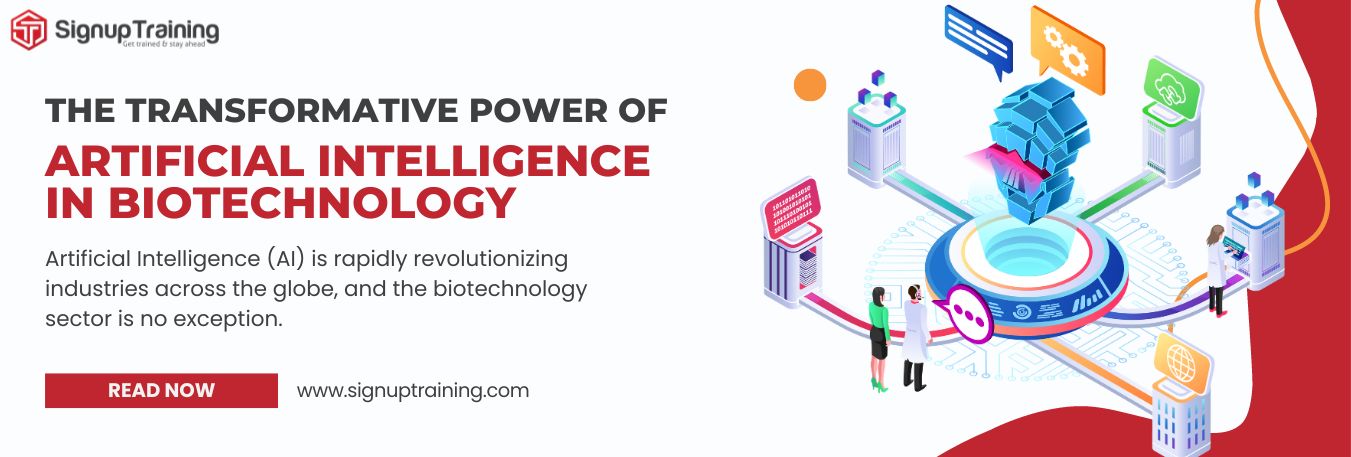
Artificial Intelligence (AI) is rapidly revolutionizing industries across the globe, and the biotechnology sector is no exception. The adoption of AI in biotech has the potential to bring about significant advancements in drug discovery, clinical trials, medical device design, and many other areas. The exponential development of AI is both exciting and daunting, with experts predicting that it will have a transformative impact on every aspect of the life sciences industry.
1. Drug Discovery: Unlocking New Possibilities
Drug discovery is a crucial process that enables the development of innovative medications and treatments for a wide range of illnesses and diseases. Traditional methods of drug discovery can be time-consuming and costly, but Artificial intelligence has the potential to streamline and accelerate this process. By leveraging AI algorithms to analyze vast amounts of data, researchers can identify potential drug candidates and predict their efficacy and safety.
Insilico Medicine, a pioneering company in the field of AI-driven drug discovery, has achieved notable success in identifying potential treatments for cancer and age-related diseases. Their groundbreaking work led to the FDA granting the first Orphan Drug Designation to a drug discovered and designed using Artificial Intelligence. This accomplishment highlights the potential of AI to revolutionize drug discovery and expedite the development of life-saving medications.
2. Revolutionizing Clinical Trials
Clinical trials play a crucial role in evaluating the safety and efficacy of new drugs and treatments. However, identifying the right patients for clinical trials and monitoring their response to treatment can be challenging and time-consuming. Artificial Intelligence can revolutionize this process by helping researchers identify patient populations most likely to benefit from a new drug, monitor their health in real-time, and detect any adverse events or issues that may impact trial outcomes.
Pharmaceutical giant Pfizer is employing AI to optimize its clinical trials. By utilizing machine learning algorithms, Pfizer aims to identify the most suitable patient populations for their trials and closely monitor their health throughout the process. This AI-powered approach can significantly enhance the efficiency and effectiveness of clinical trials, ultimately leading to faster and more reliable results.
3. Enhancing Medical Device Design
Designing effective medical devices is a complex and challenging process that requires careful consideration of various factors. Artificial Intelligence can revolutionize this process by optimizing the design of medical devices, enabling developers to make more informed decisions regarding materials, shapes, and sizes. By leveraging machine learning algorithms, AI can analyze vast amounts of data to identify the most effective components and parameters for a given device.
The Johnson & Johnson Center for Device Innovation is at the forefront of creating medical devices that utilize AI to enhance patient outcomes. For instance, they have developed Acuvue Oasys contact lenses that are optimized for each wearer, ensuring maximum comfort and vision correction. By harnessing the power of AI in medical device design, companies can accelerate the development process, reduce costs, and bring innovative products to market more efficiently.
4. Designing Smarter Drugs
Artificial Intelligence is transforming the process of drug design by enabling researchers to predict how newly designed compounds will interact with biological targets. By analyzing vast amounts of data and leveraging machine learning algorithms, AI can optimize the properties of drug candidates, increasing their efficacy while minimizing side effects. This revolutionary approach holds the potential to expedite the development of new drugs and improve patient outcomes.
Schrodinger, a leading company in the field of AI-driven drug design, combines physics-based methods with machine learning techniques to evaluate and optimize chemical compounds. Their innovative approach allows pharmaceutical companies, biotech firms, and academic researchers to design and develop new drugs more efficiently and at a lower cost. The integration of AI in the drug design process has the potential to transform the field of medicine and bring about groundbreaking treatments.
5. Personalized Medicine: Tailoring Treatment to Individuals
Personalized medicine is an emerging field that aims to tailor treatments to individual patients based on their unique genetic makeup, lifestyle, and environmental factors. AI plays a vital role in this area by analyzing genomic data, biomarkers, and other physiological information to predict how patients will respond to different treatment options. By leveraging Artificial Intelligence, healthcare providers can optimize treatment plans, reduce adverse reactions, and improve patient outcomes.
Deep Genomics is a company at the forefront of using AI to analyze genomic data and develop precision therapies for genetic diseases. Their AI-powered platform quickly and accurately processes large datasets to identify patterns and relationships that would be challenging for humans to detect. By identifying genetic biomarkers, Deep Genomics aims to develop targeted therapies that address the underlying causes of diseases, revolutionizing the field of personalized medicine.
6. Unlocking the Potential of Drug Repurposing
Drug repurposing, also known as drug repositioning, involves identifying new uses for existing drugs that were originally developed for different medical conditions. Artificial Intelligence has the potential to accelerate the drug repurposing process by analyzing vast amounts of data and identifying existing drugs that may be effective in treating other diseases. This approach can save time and resources in the drug development process and bring effective treatments to patients more quickly.
London-based BenevolentAI is a prime example of a company leveraging AI to identify new uses for existing drugs. By analyzing chemical structures and properties of drugs and comparing them to information about diseases and biological pathways, BenevolentAI identifies potential drug candidates for repurposing. Their innovative approach has led to the identification of several drug candidates, including treatments for Parkinson's disease and COVID-19.
7. Enabling Accurate Diagnosis with Biomarker Identification
Biomarkers are measurable biological indicators that can help diagnose, predict, or monitor diseases or treatment responses. Artificial Intelligence can play a vital role in biomarker identification by analyzing large datasets and identifying patterns and correlations that may be too complex for humans to detect. By training neural networks on this data, AI can recognize specific biomarkers associated with particular diseases, leading to more accurate diagnostic tests and personalized treatments.
Foundation Medicine is a company that harnesses AI and advanced genomic testing to analyze the DNA of cancer patients and identify potential biomarkers. By analyzing large datasets of genomic data from tumor samples, Foundation Medicine aims to improve cancer treatment outcomes by developing more targeted and effective therapies tailored to individual patients. The integration of AI in biomarker identification has the potential to revolutionize diagnostics and treatment approaches in the field of oncology.
8. AI-Powered Chatbots and Virtual Assistants
AI-powered chatbots and virtual assistants have numerous applications in the life sciences industry, ranging from customer support to clinical trial recruitment and data analysis. These chatbots can enhance customer engagement, streamline processes, and provide valuable insights to inform business decisions. By using natural language processing and machine learning algorithms, chatbots can understand and respond to user queries, generating personalized recommendations and facilitating interactions with healthcare professionals.
MyMeds&Me, a pharmacovigilance management company, has developed a chatbot called Phoebe in collaboration with OpenDialog. Phoebe enables patients and healthcare professionals to report adverse drug reactions in a conversational manner, streamlining the reporting process and increasing the accuracy and completeness of collected data. AI-powered chatbots like Phoebe have the potential to transform the way adverse drug reactions are reported, improving patient safety and overall pharmacovigilance efforts.
9. Revolutionizing Medical Imaging Analysis
Medical imaging plays a vital role in diagnosing and monitoring diseases, but the interpretation of complex images can be subjective and time-consuming. Artificial Intelligence has the potential to revolutionize medical imaging analysis by leveraging machine learning algorithms to detect early signs of diseases and assist healthcare professionals in making more accurate diagnoses. This can lead to faster interventions, improved patient outcomes, and a more efficient healthcare system.
Aidoc, an Israeli medical technology company, utilizes AI to analyze medical images from radiology scans in real-time. Their AI algorithms detect potential abnormalities, allowing radiologists to prioritize critical cases and reduce the time between diagnosis and treatment. By harnessing the power of AI in medical imaging analysis, Aidoc is improving patient care and enhancing the efficiency of radiology departments worldwide.
10. Unleashing the Potential of Electronic Health Record (EHR) Analysis
Electronic health records (EHRs) provide a comprehensive digital record of a patient's medical history, enabling healthcare providers to access crucial information easily. AI can assist in analyzing EHR data by using algorithms to identify patterns, trends, and correlations that may not be immediately apparent to humans. This analysis can help healthcare providers make more informed decisions about treatment options, personalize care plans, and identify potential health risks before they become serious.
Flatiron Health is a company that uses Artificial Intelligence to analyze EHR data and leverage real-world evidence to improve patient care. By integrating AI into their platform, Flatiron Health helps identify patients eligible for clinical trials and tracks patient outcomes. This AI-driven approach enhances research efforts and facilitates the development of evidence-based treatment strategies, ultimately improving patient outcomes and advancing healthcare as a whole.
Conclusion
The transformative power of artificial intelligence in biotechnology is undeniable. From drug discovery and clinical trials to medical device design and personalized medicine, Artificial Intelligence is revolutionizing the way we approach healthcare and life sciences. By harnessing the analytical capabilities of AI algorithms and processing vast amounts of data, researchers and healthcare professionals can unlock new possibilities, accelerate innovation, and improve patient outcomes. As AI continues to advance, its impact on the biotechnology industry will only become more profound, paving the way for groundbreaking discoveries and advancements in healthcare.
Trending now
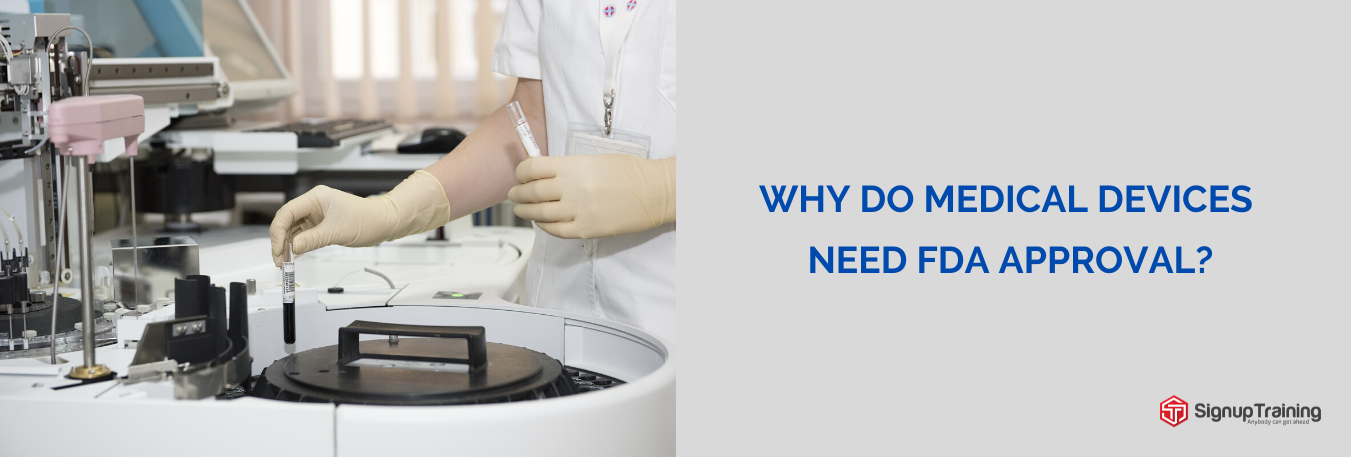
Why do medical devices need FDA approval?
Blog
Top 10 HR Compliance Challenges in USA
Blog
Medical Device Regulations in the USA
Blog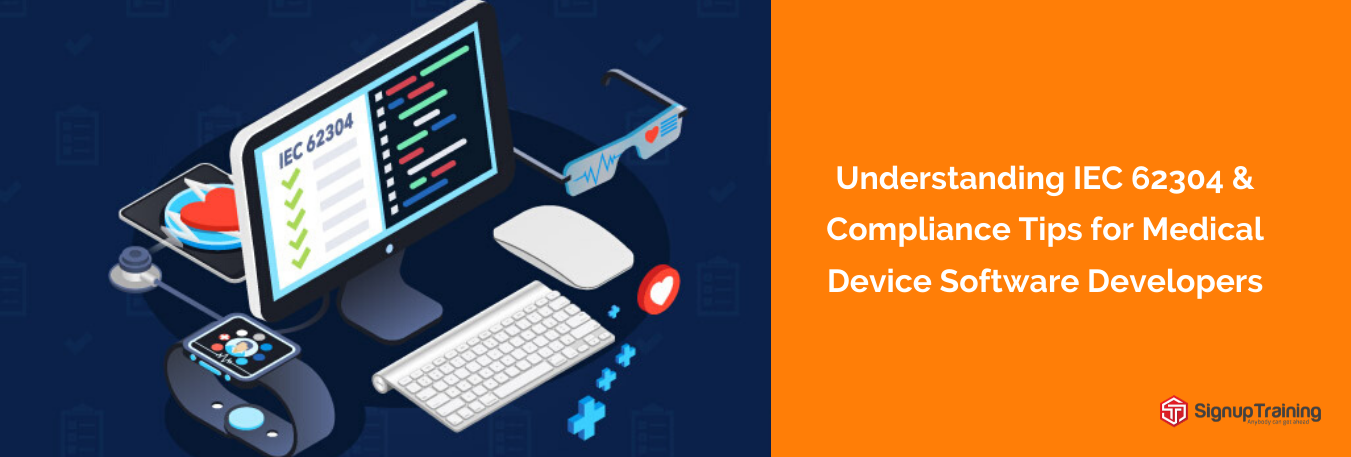
Understanding IEC 62304 & Compliance Tips for Medical Device Software Developers
Blog
What is HIPAA (The Health Insurance Portability and Accountability Act) ?
BlogFDA Steps to Ensure Quality of Foreign Products
Blog
6 Skills that Make for a Great Human Resources Manager
Blog
Why do we have OSHA Regulations?
Blog21 CFR part 11 compliance - key factors that every FDA regulated business should know
BlogWhy is 21 CFR Part 11 Compliance Important?
BlogWhat are the Key Factors (Essentials) for 21 CFR Part 11 Compliance?
BlogFDA Regulated Firms Must Ensure Part 11 Compliance to Generate Accurate and Usable Data
Blog
Know how to Survive an OSHA Audit
Blog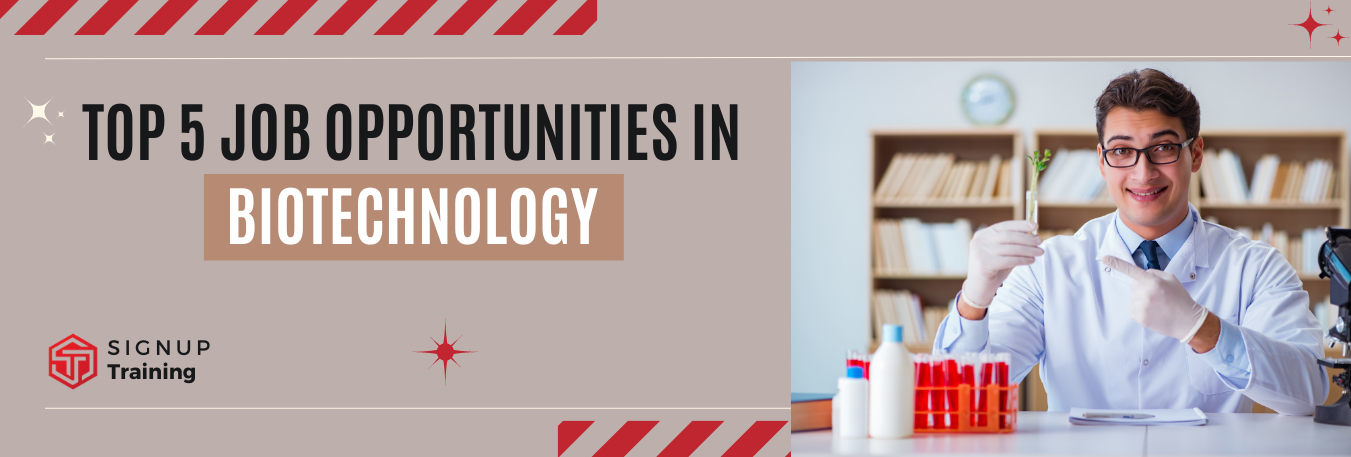
Top 5 Job Opportunities in Biotechnology
Blog
5 Key functions of HR Management
Blog
Cybersecurity Threats Upcoming in 2023
Blog
Why Should You Learn About OSHA's Guidance on Substance Abuse Testing?
Blog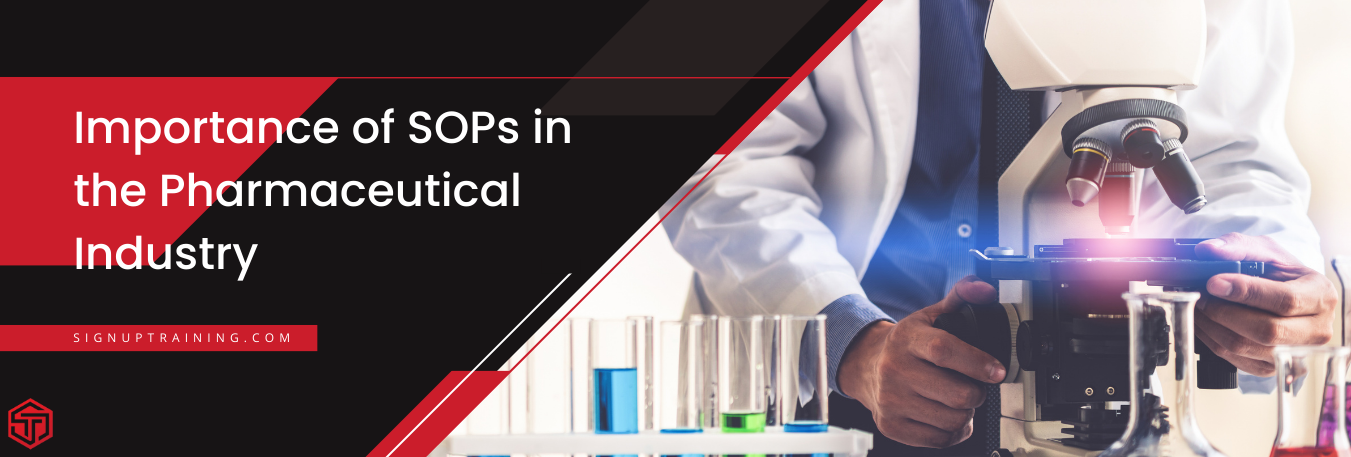
Importance of SOPs in the Pharmaceutical Industry
Blog
Non-Compliance on 1099 Filing: Consequences and Best Practices
Blog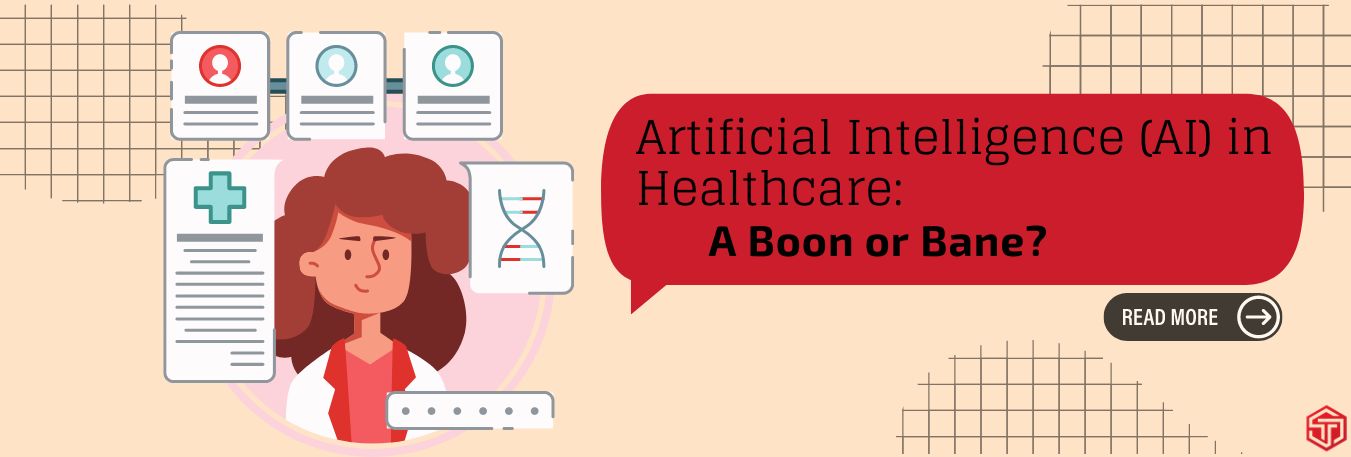
Artificial Intelligence (AI) in Healthcare: A Boon or Bane?
Blog.jpg)
How to Ensure Compliance with the I-9 Form: A Guide for Human Resources
Blog
Effective OSHA Audit Observations and Best Practices
Blog
How to Land Your Dream Job in Accounting: Top Tips and Career Options
Blog
Cultivating Connections: How to Foster a Thriving Culture with Your Remote Workforce
Blog
The Transformative Power of Artificial Intelligence in Biotechnology
Blog.png)
6 Steps to Building an Effective Hazard Communication Program (EHS)
Blog